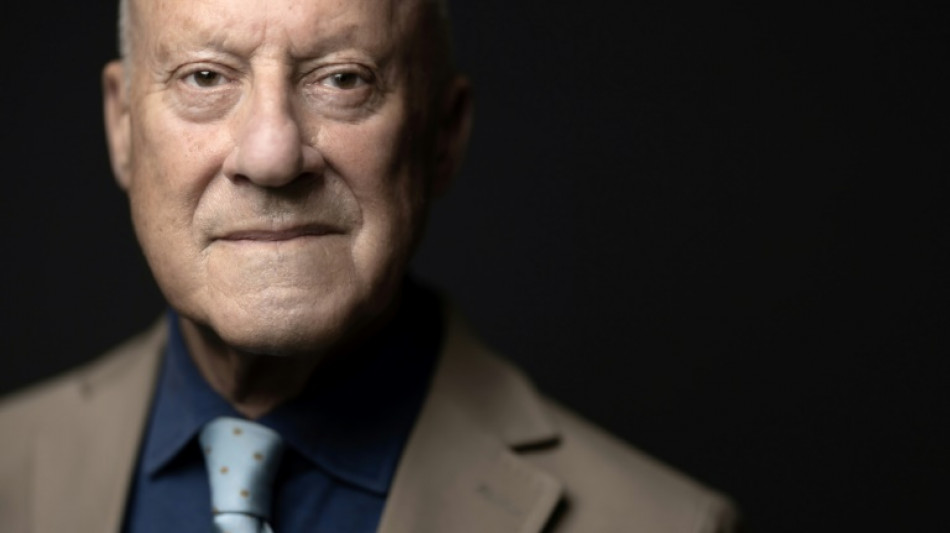
-
 Myanmar junta seeks to prosecute hundreds for election 'disruption'
Myanmar junta seeks to prosecute hundreds for election 'disruption'
-
West Indies hope Christmas comes early in must-win New Zealand Test

-
 Knicks beat Spurs in NBA Cup final to end 52-year trophy drought
Knicks beat Spurs in NBA Cup final to end 52-year trophy drought
-
Khawaja revels in late lifeline as Australia 194-5 in 3rd Ashes Test
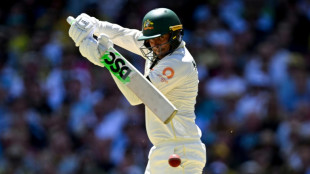
-
 Grief and fear as Sydney's Jewish community mourns 'Bondi rabbi'
Grief and fear as Sydney's Jewish community mourns 'Bondi rabbi'
-
Trump orders blockade of 'sanctioned' Venezuela oil tankers

-
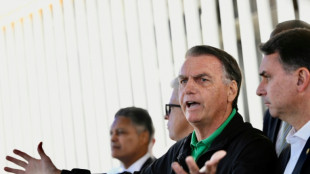 Brazil Senate to debate bill to slash Bolsonaro jail term
Brazil Senate to debate bill to slash Bolsonaro jail term
-
New Zealand ex-top cop avoids jail time for child abuse, bestiality offences
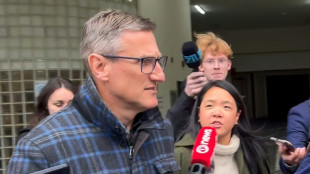
-
 Eurovision facing fractious 2026 as unity unravels
Eurovision facing fractious 2026 as unity unravels
-
'Extremely exciting': the ice cores that could help save glaciers
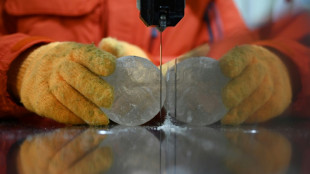
-
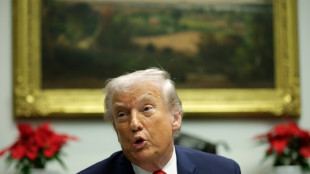 Asian markets drift as US jobs data fails to boost rate cut hopes
Asian markets drift as US jobs data fails to boost rate cut hopes
-
What we know about Trump's $10 billion BBC lawsuit
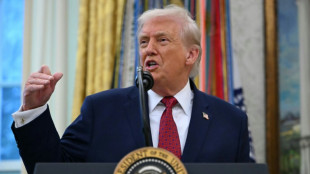
-
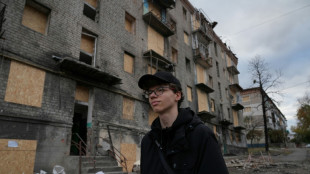 Ukraine's lost generation caught in 'eternal lockdown'
Ukraine's lost generation caught in 'eternal lockdown'
-
'Catastrophic mismatch': Safety fears as Jake Paul faces Anthony Joshua

-
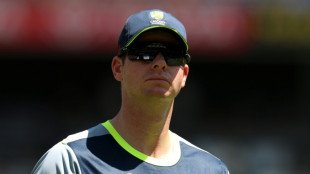 Australia's Steve Smith ruled out of third Ashes Test
Australia's Steve Smith ruled out of third Ashes Test
-
Khawaja grabs lifeline as Australia reach 94-2 in 3rd Ashes Test

-
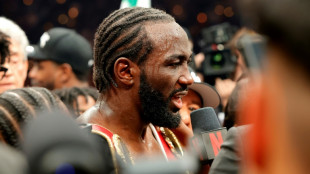 Undefeated boxing great Crawford announces retirement
Undefeated boxing great Crawford announces retirement
-
Trump says orders blockade of 'sanctioned' Venezuela oil tankers

-
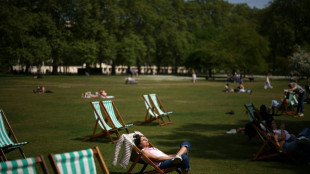 UK experiences sunniest year on record
UK experiences sunniest year on record
-
Australia holds first funeral for Bondi Beach attack victims
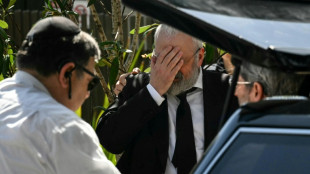
-
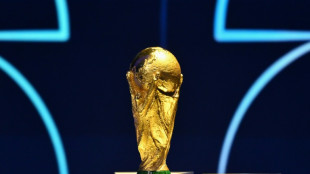 FIFA announces $60 World Cup tickets after pricing backlash
FIFA announces $60 World Cup tickets after pricing backlash
-
Maresca relishes support of Chelsea fans after difficult week

-
 Nested Knowledge and Pharmacy Podcast Network Announce Strategic Collaboration to Advance Evidence-Based Podcasting in Healthcare
Nested Knowledge and Pharmacy Podcast Network Announce Strategic Collaboration to Advance Evidence-Based Podcasting in Healthcare
-
Players pay tribute to Bondi victims at Ashes Test
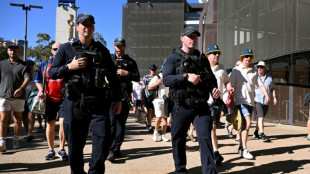
-
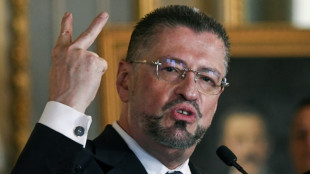 Costa Rican president survives second Congress immunity vote
Costa Rican president survives second Congress immunity vote
-
Married couple lauded for effort to thwart Bondi Beach shootings
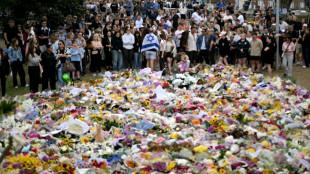
-
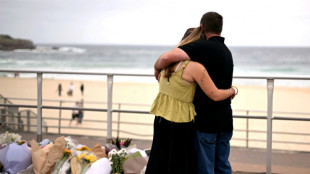 Australia holds first funerals for Bondi Beach attack victims
Australia holds first funerals for Bondi Beach attack victims
-
Trump has 'alcoholic's personality,' chief of staff says in bombshell interview
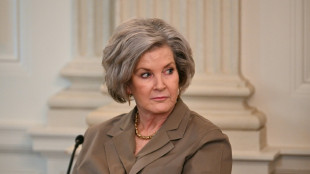
-
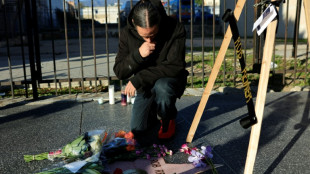 Rob Reiner killing: son to be charged with double murder
Rob Reiner killing: son to be charged with double murder
-
Chelsea battle into League Cup semis to ease pressure on Maresca
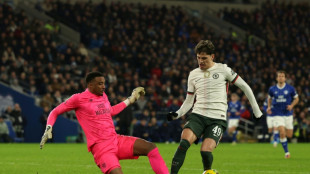
-
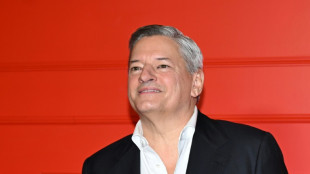 Netflix boss promises Warner Bros films would still be seen in cinemas
Netflix boss promises Warner Bros films would still be seen in cinemas
-
Grok spews misinformation about deadly Australia shooting
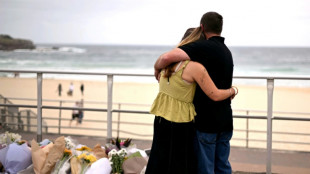
-
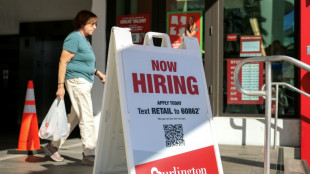 Stocks mostly retreat on US jobs, oil drops on Ukraine hopes
Stocks mostly retreat on US jobs, oil drops on Ukraine hopes
-
Artificial snow woes for Milan-Cortina Winter Olympics organisers
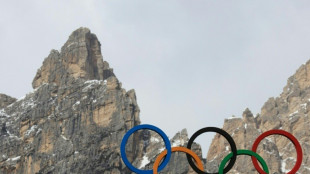
-
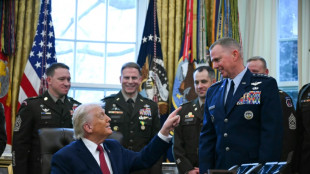 Trump imposes full travel bans on seven more countries, Palestinians
Trump imposes full travel bans on seven more countries, Palestinians
-
New Chile leader calls for end to Maduro 'dictatorship'
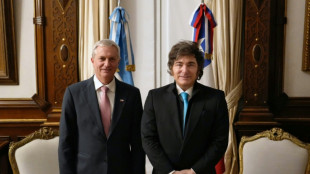
-
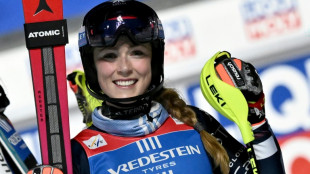 Shiffrin extends slalom domination with Courchevel win
Shiffrin extends slalom domination with Courchevel win
-
Doctor sentenced for supplying ketamine to 'Friends' star Perry
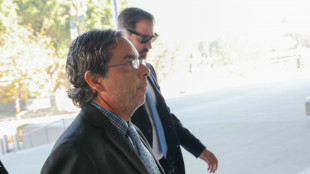
-
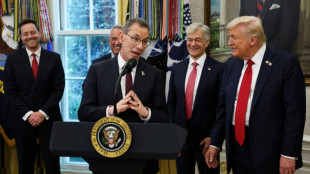 Tepid 2026 outlook dents Pfizer shares
Tepid 2026 outlook dents Pfizer shares
-
Rob Reiner murder: son not medically cleared for court
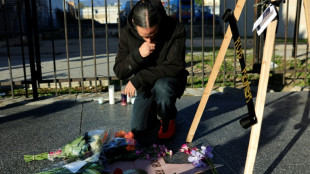
-
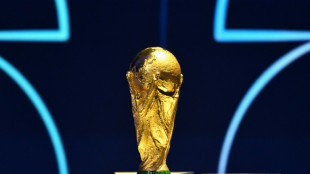 FIFA announces $60 World Cup tickets for 'loyal fans'
FIFA announces $60 World Cup tickets for 'loyal fans'
-
Dembele and Bonmati scoop FIFA Best awards
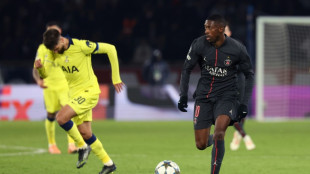
-
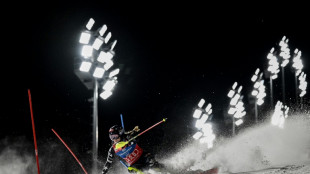 Shiffrin dominates first run in Courchevel slalom
Shiffrin dominates first run in Courchevel slalom
-
EU weakens 2035 combustion-engine ban to boost car industry
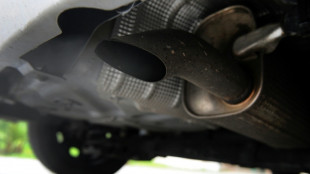
-
 Arctic sees unprecedented heat as climate impacts cascade
Arctic sees unprecedented heat as climate impacts cascade
-
French lawmakers adopt social security budget, suspend pension reform
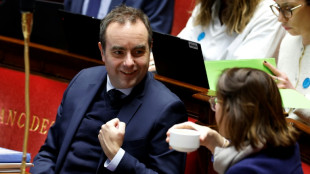
-
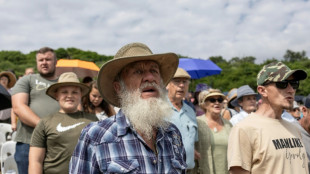 Afrikaners mark pilgrimage day, resonating with their US backers
Afrikaners mark pilgrimage day, resonating with their US backers
-
Lawmakers grill Trump officials on US alleged drug boat strikes

-
 Hamraoui loses case against PSG over lack of support after attack
Hamraoui loses case against PSG over lack of support after attack
-
Trump - a year of ruling by executive order
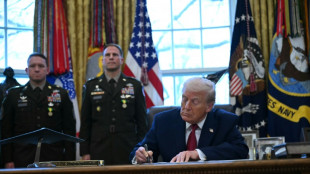

Architects don't need AI, says high-tech pioneer Norman Foster
British architect Norman Foster has spent six decades pushing the boundaries of technology with awe-inspiring modernist structures from California to Hong Kong, but he is yet to be convinced by the craze for artificial intelligence.
"Artificial intelligence at the moment has the ability to cheat, to invent," he told AFP in a recent interview in Paris, which is hosting a retrospective of his work.
"We live in a world which is physical, we inhabit buildings, streets, squares. That physicality, you can't replicate by artificial intelligence."
Foster has been shaping urban landscapes since the 1960s and won the Pritzker Prize, the equivalent of the Nobel Prize in architecture, in 1999.
His statement projects include Apple's giant ring-shaped headquarters in California, London's Wembley Stadium and Millennium Bridge, and Berlin's Reichstag.
Experts describe his practice, Foster and Partners, as possibly the most prolific in history, and the most adept at navigating changing trends and technologies.
"He conceives architecture almost as an organism balancing itself with the air, the sun, life," said Frederic Migayrou, curator of the Norman Foster exhibition at the Pompidou Centre in the French capital.
Yet he has not swerved controversy, irking climate campaigners with his keenness to build airports and his views on the environment.
- 'Hard facts' -
He is a champion of urban living -- "people live longer in cities" -- but his vision for sustaining urban lifestyles has courted some criticism.
He supports nuclear power, saying it had not caused a single death and the world would only be able to tackle climate change "with hard facts, not emotion".
He sees it as a vital part of the solution to the deprivation and poverty seen in megacities and overpopulated slums across the world.
"Many people gravitated to those cities because there are more opportunities," he said.
"The answer has to be an abundance of clean energy, and the cleanest, safest form of energy is nuclear."
Hong Kong's Chek Lap Kok airport, opened in 1998, made a huge splash for his firm, and he has worked on several airports since -- much to the annoyance of climate activists, who see air travel as part of the problem.
Yet when he talks of his broader philosophy, the 87-year-old could easily make common cause with climate activists.
- End of the sprawl -
Surrounded by models of his greatest creations, he talked breezily about the development of cleaner, greener cities.
The pandemic accelerated a growing need for people to have access to outdoor spaces for eating and strolling, and for services within walking distance of their homes, he argued.
"The cities which are most popular... they fit that model, essentially it's a European model born before the ascendency of the automobile," he said.
And the transformation of our relationship with cars is central to the reshaping of modern cities, he said.
"You have younger generations who are less interested in ownership, who will move towards ride-sharing and mobility more as a service," he said.
This was pushing us away from sprawling car-centric cities with rigid work-home zones to ones where buildings were multipurpose, reducing the need for commuting.
Despite his storied history, Foster, still a central figure in all these threads of modern design, is not keen to dwell on his achievements.
The Pompidou exhibition, which displays models of his buildings alongside exhibits that inspired their design, has allowed him to see hidden connections.
But understandably for someone who forged the "high-tech" architectural movement in the 1960s with fellow Briton Richard Rogers, what comes next is always more important than what has already gone.
"Overall, I'm more excited by the future than I am by the past."
C.Garcia--AMWN



